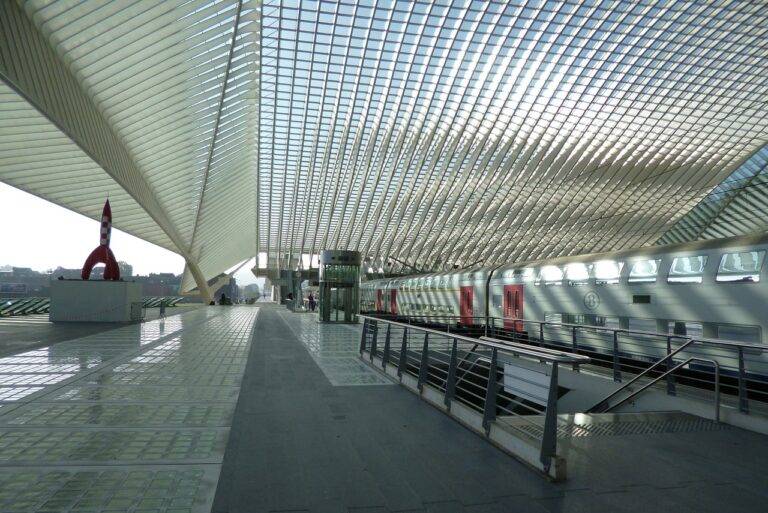The Future of Digital Nomadism: Remote Work Hubs, Co-Living Spaces, and Workation Tourism
As the number of digital nomads continues to grow, the demand for dedicated spaces tailored to remote work has seen a significant rise. Remote work hubs are providing these individuals with ideal environments that cater to their professional needs while fostering a sense of community among like-minded individuals. These hubs offer a range of amenities including high-speed internet, ergonomic workstations, meeting rooms, and networking events, making them highly attractive to remote workers seeking a productive and social work setting.
The appeal of remote work hubs lies in their ability to combine the flexibility of remote work with the structure of a traditional office environment. By providing a designated workspace away from home, digital nomads can maintain a healthy work-life balance while also benefiting from the collaborative opportunities that come with working alongside other remote professionals. With the rise of these dedicated spaces, remote workers have found a supportive and stimulating environment that enhances their productivity and overall well-being.
Co-Living Spaces: A New Trend in Accommodation for Remote Workers
Co-living spaces have emerged as a popular choice for remote workers seeking accommodation that fosters a sense of community and collaboration. These shared living arrangements cater to the needs of digital nomads by providing not just a place to stay, but a supportive environment where like-minded individuals can connect and network.
The concept of co-living spaces goes beyond just shared living quarters; it encompasses the idea of creating a holistic living experience for remote workers. From communal workspaces to organized social events, these spaces are designed to promote productivity, creativity, and a sense of belonging among residents.
What are co-living spaces?
Co-living spaces are shared accommodation facilities where individuals live together in a communal setting, often with shared common areas and amenities.
Are co-living spaces only for remote workers?
While co-living spaces are popular among remote workers, they are open to anyone looking for a community-oriented living experience.
What are the advantages of staying in a co-living space for remote workers?
Co-living spaces provide a supportive community, networking opportunities, and a productive work environment, making them ideal for remote workers looking for a work-life balance.
How do remote work hubs differ from traditional co-working spaces?
Remote work hubs are dedicated spaces that cater specifically to remote workers, offering a combination of co-working areas and accommodation options for a complete remote work experience.
Can I book a short-term stay at a co-living space?
Yes, many co-living spaces offer flexible booking options, including short-term stays for remote workers looking for temporary accommodation while traveling or working remotely.





